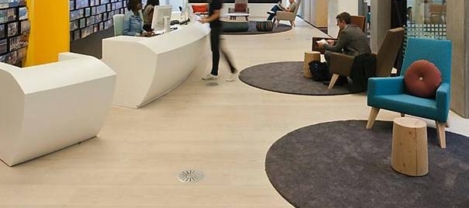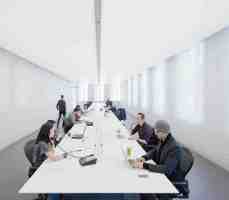January 5, 2016
UK commuters spend far more on rail fares than other European workers 0
 At 1.1 percent the New Year rail fare increases are the lowest since 2010, but UK rail commuters still spend up to six times as much of their salaries on rail fares as European passengers, new analysis has revealed. Action for Rail, a campaign by rail unions and the TUC, has compared average earnings with monthly season tickets on similar commuter routes across Europe. The analysis looked at a UK worker on an average salary who is now spending 13 percent of their monthly wages on a £357.90 monthly season ticket from Chelmsford to London. By contrast, the average amount of salary going on a monthly season ticket for a similar journey is just 2 percent in Italy, 3 percent in Spain and 4 percent in Germany. Even in France, which is the closest to the UK for cost, commuters still spend nearly a third (30 percent) less on season tickets than their counterparts in the UK.
At 1.1 percent the New Year rail fare increases are the lowest since 2010, but UK rail commuters still spend up to six times as much of their salaries on rail fares as European passengers, new analysis has revealed. Action for Rail, a campaign by rail unions and the TUC, has compared average earnings with monthly season tickets on similar commuter routes across Europe. The analysis looked at a UK worker on an average salary who is now spending 13 percent of their monthly wages on a £357.90 monthly season ticket from Chelmsford to London. By contrast, the average amount of salary going on a monthly season ticket for a similar journey is just 2 percent in Italy, 3 percent in Spain and 4 percent in Germany. Even in France, which is the closest to the UK for cost, commuters still spend nearly a third (30 percent) less on season tickets than their counterparts in the UK.
































January 6, 2016
Two new studies that highlight the complexities of gender at work 0
by Mark Eltringham • Comment, Knowledge, News, Workplace
(more…)